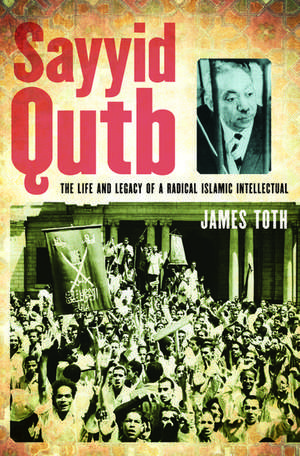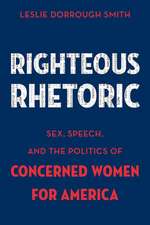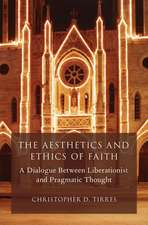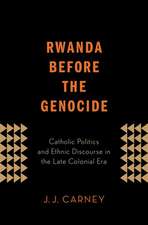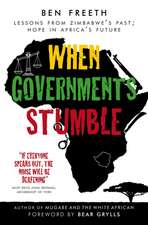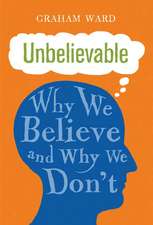Sayyid Qutb: The Life and Legacy of a Radical Islamic Intellectual
Autor James Tothen Limba Engleză Hardback – 11 apr 2013
Preț: 344.70 lei
Preț vechi: 389.13 lei
-11% Nou
Puncte Express: 517
Preț estimativ în valută:
65.96€ • 69.05$ • 54.58£
65.96€ • 69.05$ • 54.58£
Carte tipărită la comandă
Livrare economică 26 martie-01 aprilie
Preluare comenzi: 021 569.72.76
Specificații
ISBN-13: 9780199790883
ISBN-10: 0199790884
Pagini: 392
Dimensiuni: 251 x 151 x 31 mm
Greutate: 0.64 kg
Editura: Oxford University Press
Colecția OUP USA
Locul publicării:New York, United States
ISBN-10: 0199790884
Pagini: 392
Dimensiuni: 251 x 151 x 31 mm
Greutate: 0.64 kg
Editura: Oxford University Press
Colecția OUP USA
Locul publicării:New York, United States
Recenzii
Toth provides an important analysis of one of the most influential Muslim thinkers of the twentieth century. He presents a portrait that includes Qutb's activities as a young Egyptian intellectual as well as his later works as an articulator of militant Islamic ideologies. A special strength of this study is that Toth provides a much-needed contextualization of Qutb within Egyptian intellectual life during the first two-thirds of the twentieth century.
Notă biografică
James Toth is an anthropologist who specializes in Egypt, the Arab world, and the wider Islamic community. He has conducted ethnographic research in northern Egypt on migrant farm labor and in southern Egypt on Islamic militancy. He was the director for Save the Children's community development program in Egypt in the 1980s, on the anthropology faculty at the American University of Cairo in the 1990s, and at Northeastern University in the 2000s. Since 2011, he has worked at New York University in Abu Dhabi.
